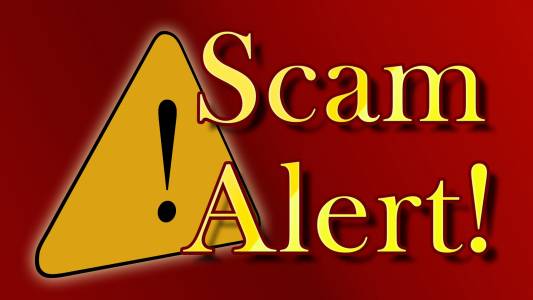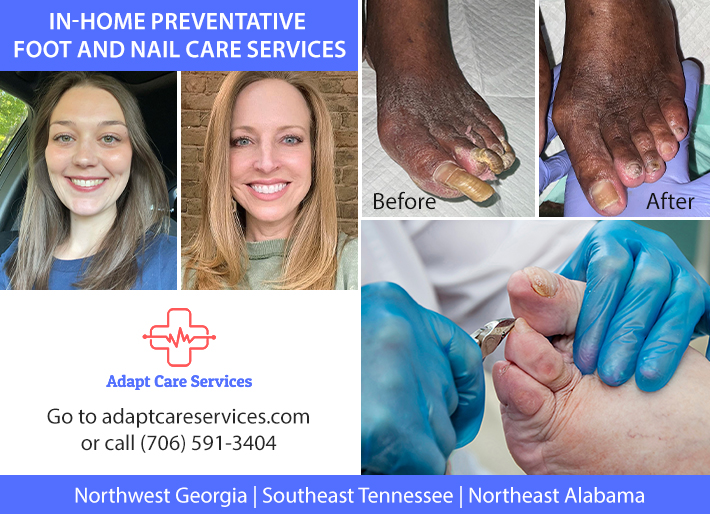
U.S. Attorney Ryan K. Buchanan advises the public to be cautious about hurricane relief fraud in the wake of Hurricane Helene.
“Natural disasters unfailingly prompt members of our communities to respond with an outpouring of compassion and support for impacted family members, neighbors, friends and strangers,” said U.S. Attorney Ryan K. Buchanan. “Unfortunately, these occurrences also attract scammers who capitalize on such calamities to exploit affected fellow citizens when they are most vulnerable. By this public notice, we do not aim to deter you from offering assistance but caution you to do so with the awareness of how to detect and avoid common charity scams.”
On September 26, 2024, Hurricane Helene made landfall in Florida’s Big Bend Region and quickly caused major devastation in that area and across states including Georgia, South Carolina, North Carolina, Tennessee, and others. As we have seen in the wake of previous national disasters, fraudsters target victims of such storms along with citizens across the country who want to do what they can to assist individuals affected by these natural disasters. Unfortunately, criminals exploit these incidents for personal gain by sending fraudulent communications through email or via social media and by creating deceptive websites designed to solicit contributions.
The public should exercise diligence before giving contributions to anyone soliciting donations or individuals offering to assist those affected by Hurricane Helene. Solicitations can originate from phone calls, texts, social media, email, door-to-door collections, flyers, mailings, and other similar methods. Before donating to benefit victims of Hurricane Helene, individuals should follow these and other guidelines:
- Make contributions directly to known organizations rather than relying on others to make the donation on your behalf.
- Do not be pressured into making contributions as reputable charities do not use such tactics.
- Do not respond to any unsolicited communications (e.g., e-mails and texts), and never click links contained within those messages because they may be targeting your personal information, to include bank and credit card account information, and other identifiers such as dates of birth and social security numbers.
- Rather than clicking on a purported link to a charity, verify its legitimacy by utilizing various Internet-based resources that may assist in confirming whether the organization is a valid charity.
- Beware of organizations with copy-cat names similar to but not exactly the same as those of reputable charities.
- Avoid cash donations if possible. Pay by credit card or write a check directly to the charity. Do not make checks payable to individuals.
- Know that legitimate charities do not normally solicit donations via money transfer services, and their website will normally end in “.org” rather than “.com.”
- Be cautious of emails that claim to show pictures of the disaster areas in attached files because the files may contain viruses. Only open attachments from known senders.
The U.S. Department of Justice established the National Center for Disaster Fraud (NCDF) in the wake of Hurricane Katrina to deter, investigate, and prosecute fraud in the wake of disasters. More than 50 federal, state, and local agencies participate in the NCDF, which reminds the public to be aware of and report any instances of alleged fraudulent activity related to relief operations and funding for victims. Complaints of fraud may be reported online at www.justice.gov/DisasterComplaintForm. Complaints may also be reported to the NCDF at (866) 720-5721, a hotline that is staffed 24 hours a day, 7 days a week.
For further information please contact the U.S. Attorney’s Public Affairs Office at USAGAN.PressEmails@usdoj.gov or (404) 581-6016. The Internet address for the U.S. Attorney’s Office for the Northern District of Georgia is http://www.justice.gov/usao-ndga.













